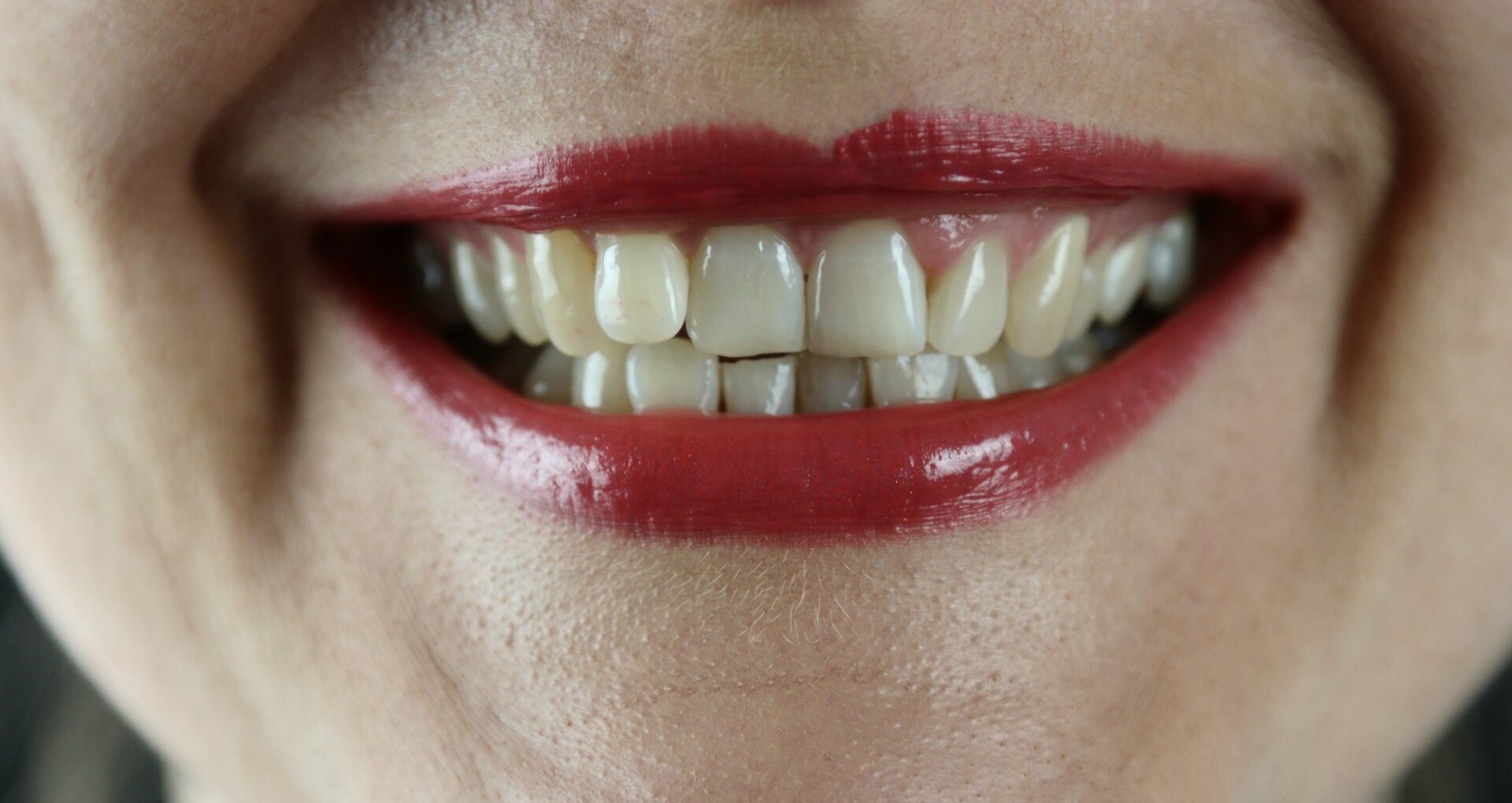Just like the rest of your body, your mouth is constantly changing over time, and one aspect of those changes are your teeth. It may seem unlikely considering they are anchored to your jawbone, but teeth can shift for a myriad of reasons that have nothing to do with braces or retainers.
If you’ve woken up one morning and felt like your teeth are out of place, don’t worry; it’s a fairly common occurrence. Understanding what happens in your mouth and teeth over time can help you know what to expect when it happens and what you can do about it. No matter the cause, teeth shifting can cause dental problems if left untreated, so our staff at Advanced Dental Care of Indiana has developed this guide to help you understand why your teeth may be shifting and what you need to do about it.
Genetics
Teeth shifting can be caused by genetic factors. Even if you are born with straight teeth, if teeth shifting runs in your family, you may experience the same problem as you get older. Talk to your relatives and find out whether or not they’ve had issues with their teeth shifting; this should shed some light on if and when it may happen to you, or if it already has, why. If you have family members who have experienced teeth shifting as they age, you may want to invest in a clear retainer to help keep your teeth in place.
Tooth Loss
Tooth loss is a fairly common problem caused by many different factors. Between gum disease, dental decay, and injuries, there are 120 million Americans who are missing at least one tooth. Whatever the cause, if you are missing a tooth and leave its space open, your teeth will take advantage of the extra space.
Teeth continue to grow throughout your life, so they will try to fill in the gap left by a missing tooth. If you are missing a tooth on the bottom, your other bottom teeth may shift sideways, or your top teeth can grow down into the space. Your dentist may recommend retainers, spacers, or implants to keep your teeth from shifting into the empty space left behind by tooth loss.
Age
One of the main causes of teeth shifting is age: “The mouth is a biological system where bones and ligaments constantly move and break down. It’s never static.” explains New Jersey-based orthodontist Richard D’Avanzo. As this moving and breaking down occurs in our mouths with age, a process called mesial drift causes our teeth to slowly drift towards the front. This occurs because the support structures designed to keep our teeth in place, such as the muscles, ligaments, and bones in the mouth, weaken over time. The jawbone itself weakens, as do the ligaments that anchor our teeth to our gums. As such, our teeth become loose and drift forwards, causing crowding of the teeth in the front of the mouth. This can lead to dental hygiene problems, as it is more difficult to clean between teeth that are crowded together.
Aside from mesial drift, teeth shifting due to age can also occur as our lips thin with age. As you get older, your lips get smaller and thinner, putting pressure on your teeth from the outside. It may not be much, but it adds up over time. That pressure could cause your teeth to shift, resulting in more crowding.
Clenching and Grinding
Jaw clenching and teeth grinding are two bad habits that can have serious repercussions for your dental health. Both of these habits can push your teeth out of alignment over time. Teeth grinding, also known as bruxism, is more common than people realize: some studies estimate that 15% of children and 10% of adults grind their teeth. Most people clench or grind while sleeping, but it is also a common response to stress. These habits put pressure on your teeth, gradually shoving them out of place over time, leading to headaches and teeth shifting.
Grinding and clenching can also damage your enamel, causing your teeth to change shape. Any time the shape of a tooth is changed, your bite can slowly shift to accommodate the change, eventually causing your teeth to follow suit. The additional pressure inflicted on your teeth when you grind them or clench your jaw can cause your teeth to shift.
Advanced Dental Care of Indiana
Our staff at Advanced Dental Care of Indiana knows how frightening it can be to realize your teeth have shifted. The good news is there are lots of solutions to keep your teeth in place. Retainers, braces, and cosmetic dentistry are just a few of the possible remedies. If you are concerned about teeth shifting, Advanced Dental Care of Indiana is here to help. To learn more about our staff and services, visit our website and book your appointment today!
Photo by Marek Studzinski on Unsplash

